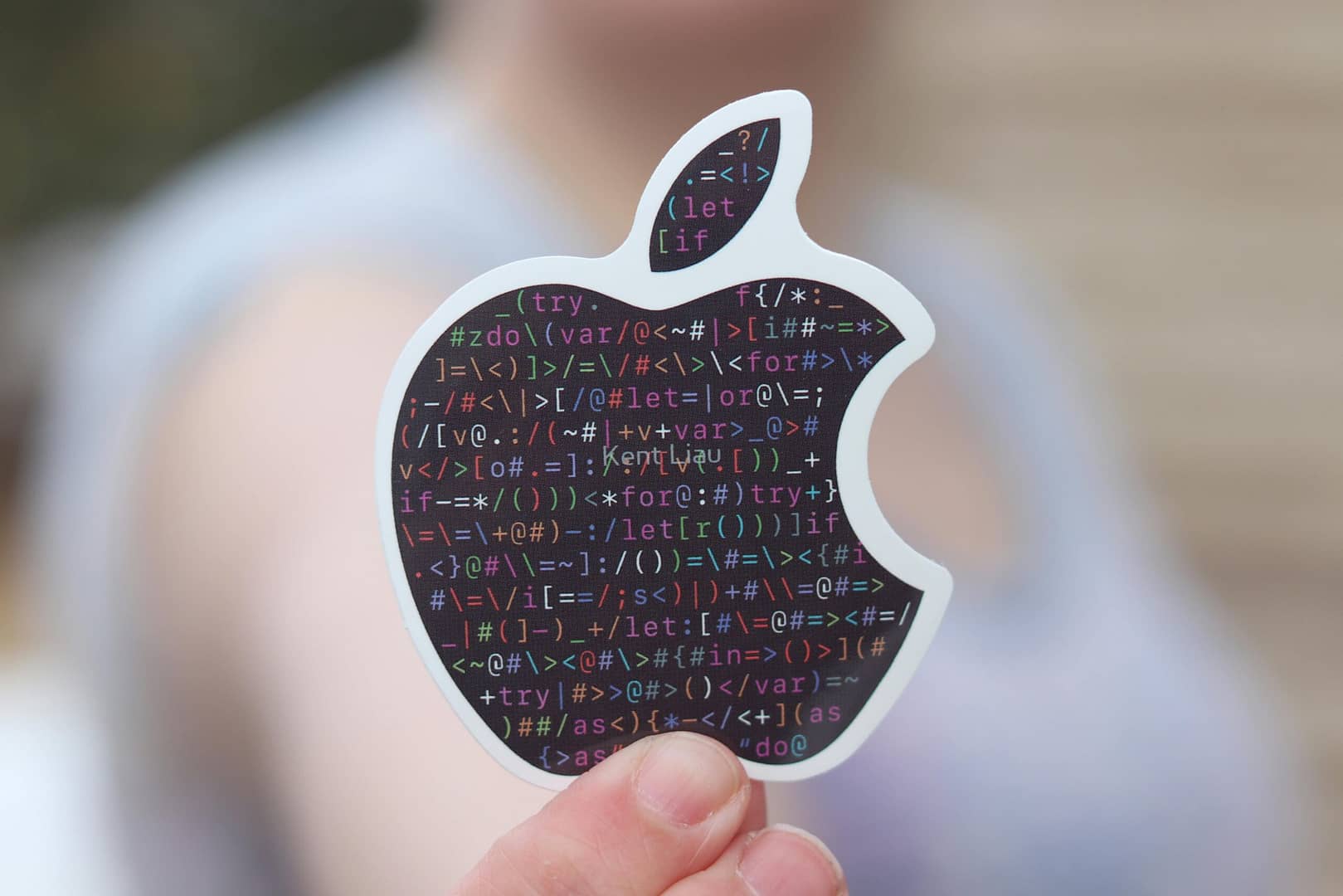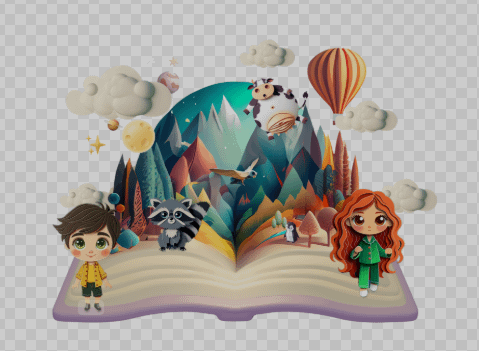If there is a phenomenon that has attracted such a level of attention in the past decade, it is Open AI. From providing power to intelligent chats to broadening industries through machine learning, Open AI has emerged to become a central force in the global move toward adoption of the artificial intelligence. Businesses, educators, healthcare providers, and even creative professionals now view Open AI as having a world of possibilities.
This article delves into the rise of Open AI, applications of it, benefits and concerns, and the life it holds in store for humanity.
What is Open AI?
Open AI is an AI research and deployment company with the mission to ensure artificial general intelligence (AGI) benefits all of humanity. Some tech industry celebrities, including Elon Musk and Sam Altman, launched the company in 2015.
It started as a non-profit entity but later morphed into a “capped-profit” organization, trying to balance sustainability with its mission.
Hundreds of thousands of users worldwide know its most popular product, ChatGPT, for bringing advanced AI into their hands. Open AI is also redefining the world of interaction with technology with tools such as GPT-4 and DALL·E.
Why Open AI Matters in Today’s World
The idea that Open AI is significant doesn’t just come from the technology it brings into existence but rather from the changes it is causing in economies, industries, and laypersons’ strategies in their daily activities. Artificial intelligence was a concept that belonged to a realm of science fiction; Open AI has brought it to the forefront.
Hence, the reasons for the importance of Open AI include:
- Accessibility – AI tools are perhaps the most difficult to use, and Open AI has ensured that no one needs to know the technical stuff to grab the power of AI.
- Productivity – Open AI comprises a myriad of uses ranging from drafting an email to core business strategies, all acting to save time and energy of its users in return.
- Innovation – Companies both large and small use Open AI to make new customer-facing applications.
- Education – Open AI poses new educational opportunities, from tutoring systems to assist in research.
Applications of Open AI Across Industries
The impact of Open AI is observed almost everywhere. Some of the key applications are:
- Business Marketing
With Open AI, companies generate ads, analyze their customer behaviors, or operate customer support. Marketers follow AI-generated insights to transform campaigns whereby the targeting efforts will be efficient and impactful.
- Healthcare
Open AI aids medical research by processing massive datasets. It provides aid in a more clinical way by collecting and summarizing medical records or offering some level of diagnostic assistance.
- Education
Open AI helps teachers and students in creating a more personalized learning experience. From creating study materials to answering difficult and complex questions, AI provides a more interactive mode of learning.
- Entertainment and Creativity
The Open AI allows artists and writers to discover new ideas, generate content, or compose music and visuals for art. The synergy between human and AI opens up new avenues for creativity.
- Customer Support
Open AI-based chatbots handle customer interactions more efficiently, reducing wait times and increasing customer satisfaction.
- Software Development
With Open AI technology, programmers write and debug code faster through tools like GitHub Copilot.
Benefits of Using Open AI
Open AI did not just spontaneously appear; it truly is disproportionately beneficial to people across the globe.
- Time Efficiency: It automates routine chores so that people can concentrate on creative or more complex challenges.
- Cost Savings: By cutting the need for huge workforces in some arenas, it brings down costs.
- Scalability: With AI-based automation, companies can easily scale up the provision of their services.
- Personalization: Enhances client experiences and learning solutions, thus boosting satisfaction.
- Innovation Catalyst: New business models and product designs that are inspired by it.
Concerns and Ethical Challenges
While Open AI is one of the fastest-changing worlds, it raises lots of important questions. Responsible use is imperative so that artificial intelligence mainly so that it supports society rather than oppresses it.
Key Concerns:
- Bias: During model training, Open AI models sometimes acquire biases from their evidence.
- Job Displacement: Since automation might displace some jobs, this concern about employment is legitimate.
- Privacy: With regard to sensitive data, AI must be handled with care lest breaches occur.
- Misinformation: To disseminate false information could be an act of AI generation either in text or media.
Open AI recognizes the above risks and conducts safety research to minimize harms and maximize benefits.
How Open AI is Changing Everyday Life
For many people, Open AI tools are a part of daily routine. From getting quick answers through ChatGPT to relying on AI-based apps for productivity, the presence of Open AI seems ubiquitous. Students use it for homework, professionals use it for brainstorming ideas, and businesses use it for efficiency.
Besides work-related matters, Open AI impacts entertainment, lifestyle choices, and social networking. Recommendation technology for streaming platforms or personalized shopping experiences would, in a manner, often involve an element of Open AI.
The Future of Open AI
Open AI shows promising and expansive prospects. Experts predict that Open AI will be at the center of the creation of artificial general intelligence (AGI), a system capable of performing any intellectual task that a human being can do.
Here is a list of some future trends:
- Industries Collaborate Further – The AI tools will integrate at an even deeper level within healthcare, education, and logistics.
- Increased Personalization – Open AI will provide solutions for greater individualization.
- More Creativity – AI will be employed by writers, artists, and musicians as collaborators rather than as replacements.
- Policies and Governance – Governments and organizations will create frameworks to regulate safe use of AI.
- Sustainable AI – Focus on ensuring that AI is energy-efficient and eco-friendly. click here
Why Businesses Should Embrace Open AI
Business owners who ignore Open AI would surely be left behind. Open AI enables businesses to carry out streamlined operations, enhance the customer experience, and save money. Startups innovate faster, whereas enterprise businesses can adopt faster.
Be it customer support automation or preparation of in-depth market analysis, Open AI tools hold a competitive advantage that no business can afford to ignore.
Open AI, a flagship of the newer technological era, is also a series of tools and innovations creating opportunities by reshaping industries. By accompanying those powerful benefits with responsible use, Open AI would be able to really change the world in super ways that were not imaginable before.
The message is clear for individuals, companies, and governments–the era of AI has arrived, and Open AI is at the forefront. Those who learn to adapt will excel; those who don’t will be left behind.
Further ahead in this journey of progress, one thing is certain though – Open AI is neither a trend nor a passing fancy but a future ahead for humanity.










